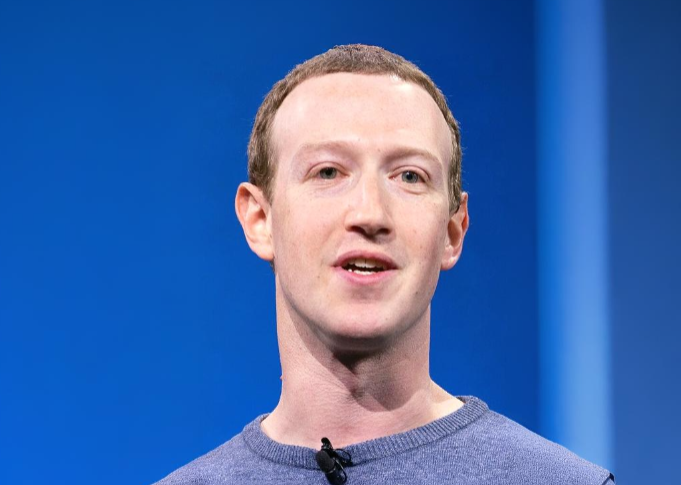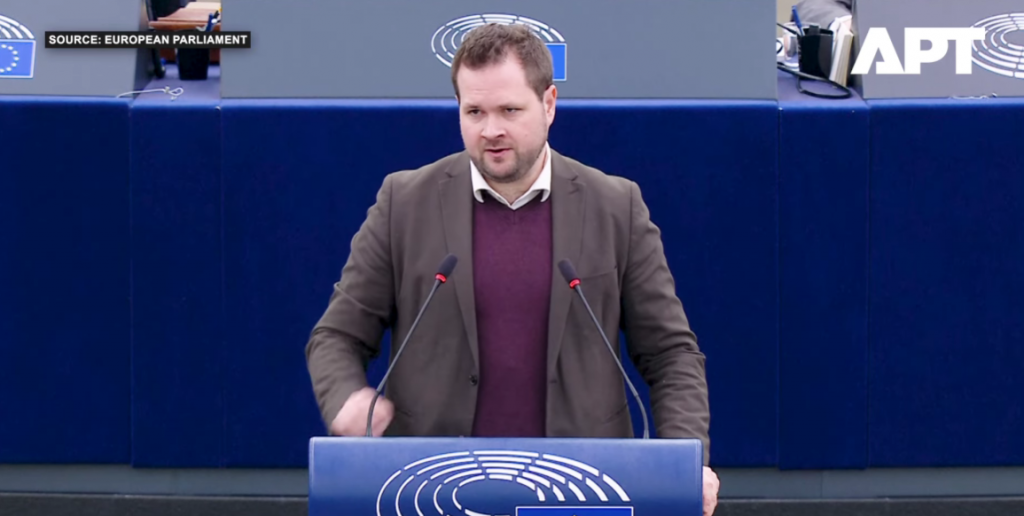Mark Zuckerberg Might Be Forced to Shut Down Instagram

© CC BY 2.0
In a landmark antitrust trial that commenced on April 14, 2025, Meta CEO Mark Zuckerberg faces the possibility of being compelled to divest Instagram and WhatsApp.
The U.S. Federal Trade Commission (FTC) alleges that Meta’s acquisitions of these platforms were strategic moves to eliminate competition, thereby establishing a monopoly in the social media landscape.
The FTC’s Case: Accusations of Monopolistic Practices
The FTC contends that Meta’s 2012 acquisition of Instagram and 2014 purchase of WhatsApp were not merely business expansions but calculated efforts to suppress emerging competitors. Central to the FTC’s argument is a 2008 email from Zuckerberg stating, “It is better to buy than to compete,” which the agency interprets as indicative of Meta’s intent to neutralize potential threats.

The FTC’s lawsuit, originally filed during the Trump administration and refiled under President Biden, seeks to prove that these acquisitions have stifled innovation and harmed consumers by reducing competition in the personal social networking market.
Meta’s Defense: Emphasizing Consumer Benefits
Meta counters the FTC’s claims by highlighting the enhancements made to Instagram and WhatsApp post-acquisition. The company argues that substantial investments have transformed Instagram from a fledgling app with 13 employees into a platform generating significant revenue and user engagement. Similarly, WhatsApp’s user base expanded dramatically after Meta removed subscription fees and introduced features like end-to-end encryption.
Meta also challenges the FTC’s market definition, asserting that the social media landscape includes formidable competitors like TikTok, YouTube, and Snapchat. The company maintains that the market remains dynamic and competitive, undermining the FTC’s monopoly allegations.
Legal Implications: A Potential Corporate Breakup
Should the court side with the FTC, Meta could be compelled to divest Instagram and WhatsApp, a move that would significantly alter the company’s structure and revenue streams. Instagram alone accounts for a substantial portion of Meta’s U.S. advertising income, making its potential loss a considerable blow.

The trial, expected to last several weeks, will scrutinize internal communications, executive testimonies, and market analyses to determine whether Meta’s actions violated antitrust laws. A ruling against Meta could set a precedent for increased regulatory oversight of tech giants and reshape the future of digital competition.
As the proceedings unfold, the tech industry and legal experts alike are closely monitoring the case, recognizing its potential to redefine antitrust enforcement in the digital age. The outcome will not only impact Meta’s operations but could also influence how technology companies approach mergers and acquisitions in the future.
You might also want to read: Elon Musk Mocks Meta as Facebook & Instagram Go Globally Down


